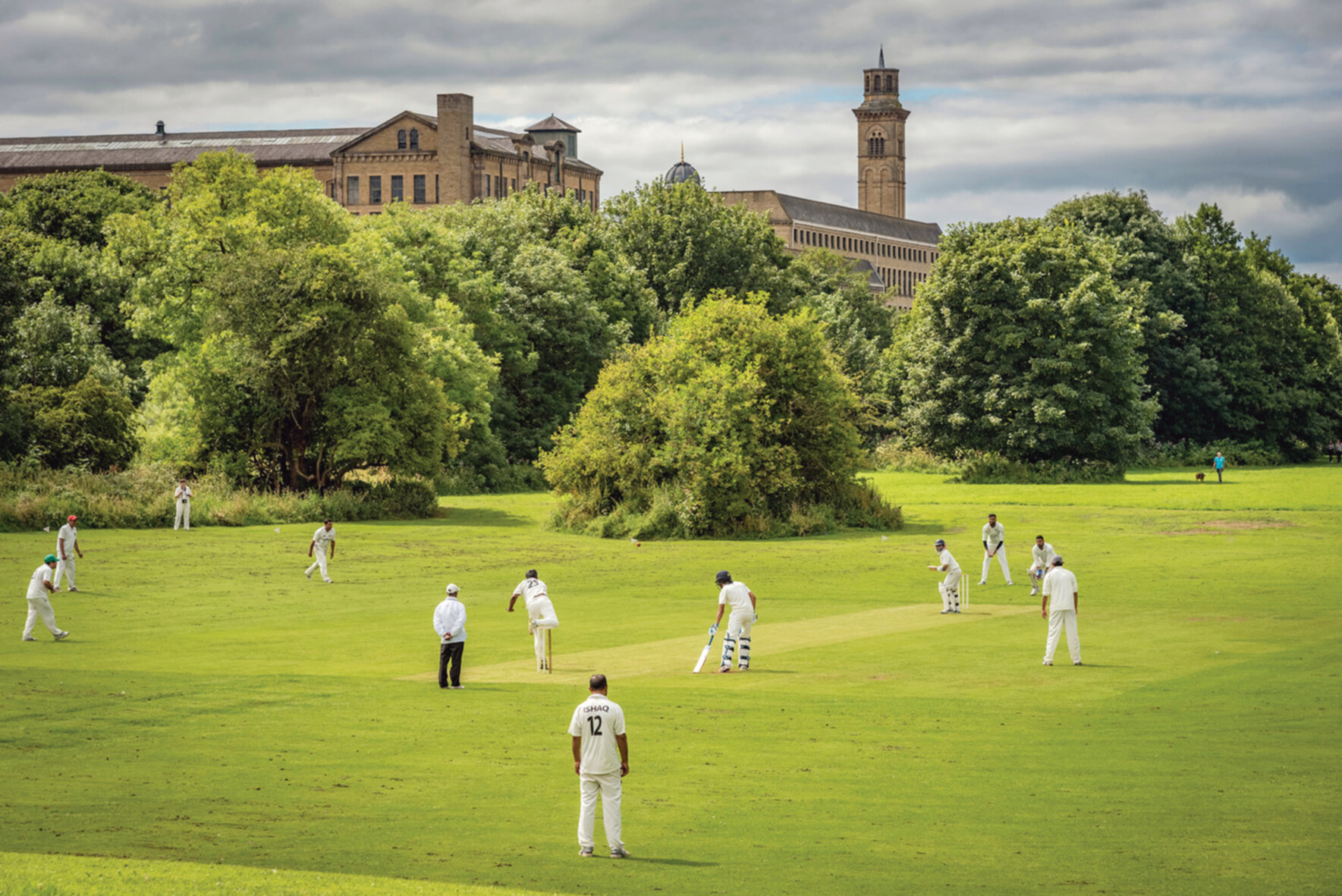
“There can be no summer in this land without cricket,” wrote Neville Cardus, the man who invented sports writing, or at least transformed it from what it once was (“the Blues kicked off with a rush…” etc) into what it could be. He wrote on music, too, but many people had done that. Nobody had yet created a mythology of cricket, as Cardus had done by the time he left us, as Sir Neville, in 1975.
When he wrote those words, which may appear sententious to people whose summers would be unaffected by the absence of bat and ball, Cardus had just watched one of his heroes, Frank Woolley of Kent, make a century at Dover. Woolley made 47,868 runs for Kent, and Cardus, a Mancunian by birth, was with him in spirit, every day. When he thought of cricket he was thinking of men such as Woolley batting at grounds like Dover. That is how many cricket lovers (not “fans”, please) think of cricket in England. It may be a game of the imagination, but what’s an imagination for?
This month one can almost turn back the clock. Although Test cricket is an urban game, with its matches played in London, Birmingham, Nottingham, Manchester and Leeds, cricket is essentially rural. It is a pastime of villages and small towns. Shepherds played it first in the Weald of Kent, and it flourished on the Downs of Sussex and Hampshire. The 18 county clubs are based at old-fashioned places like Worcester, Hove and Taunton.
In mid-summer, we get a glimpse of how county cricket used to be. Last week, in a marvellous match at Scarborough, Yorkshire beat Surrey by 123 runs. At Sedbergh, which is actually in Cumbria, Lancashire drew with Durham. This week, Gloucestershire decamp for their annual fortnight at the college ground in Cheltenham, and Derbyshire pitch stumps at Queen’s Park, Chesterfield. For those odd folk who love the game, as opposed to just the big events, these are often the happiest days of the season.
Scarborough, with its handsome ground in the North Bay, has long been the king of festival venues. Traditionally it was there, at North Marine Road, that cricketers went each September, for a beery farewell to the season. WG Grace, the bearded Victorian who created the game we know today, played there. It was also where Donald Bradman, considered to be the greatest of batsmen, played his last game in England, in 1948, the summer of Australia’s “Invincibles”. Typically, he made a century.
Each year, “cricketers of the heart”, as John Arlott called them, flock to Scarborough from all over the kingdom. One middle-aged spectator last week, sitting among the wooden benches on the popular side, announced almost regally that it was his first cricket match, and was greeted with amused tolerance. For most it is an annual ritual.
They watch seriously, in the tradition of England’s most famous cricketing county. Alec Stewart, a great servant of Surrey and England, now Surrey’s director of cricket, recalled playing at Scarborough as a young man, when Geoffrey Boycott, the grandest of blockers, was still grinding away. “When he was out, half the crowd went home!”
According to Phillip Hodson – the former president of Marylebone Cricket Club, and current president at Scarborough – they budget each year for a £50,000 loss. Scarborough is a poor town, and has allowed itself to become tacky. But a cricket season without it would be like a Russian tune without a mournful clarinet. The seaside is an essential part of the English summer.
Cheltenham, the spa town on the fringes of the Cotswolds, offers a different kind of pleasure. There are no wooden benches at the college (and no walking out when a favoured batsman fails) but plenty of tents, and the ale is better. It is a gentle place to watch cricket, if not always to play it. In 1989 Gloucestershire bowled out Lancashire before lunch on a lively pitch.
English cricket, as ever, is in crisis. Fewer children play the game, and clubs are finding it more difficult to recruit and hold players. The World Cup, which the game’s governors have been banging on about for years as the best ever opportunity to grab the nation’s attention, has not been screened live on free-to-air TV. It has been largely invisible and far too long – seven weeks from soup to nuts!
Next summer, in an act of unparalleled absurdity, the England Cricket Board will introduce something called the Hundred, with the aim of attracting young people who are not interested in cricket. Each of the newly created eight city franchises will face 100 balls, bowled by knights on horseback at wickets decorated as maypoles. Sixes will count double, and fielders will be able to claim catches “one hand, one bounce”. A jest? Wait until you see it. No gimmick is ruled out.
Once that lunacy starts we’ll need festival cricket more than ever. Arundel, Tunbridge Wells, Colwyn Bay, “calling me home”, as Raymond Douglas Davies sang in his wistful Autumn Almanac. Scarborough, Sedbergh, Chesterfield, Cheltenham. A vision of summer in England, and every egg a bird.
This article appears in the 10 Jul 2019 issue of the New Statesman, The state we’re in





